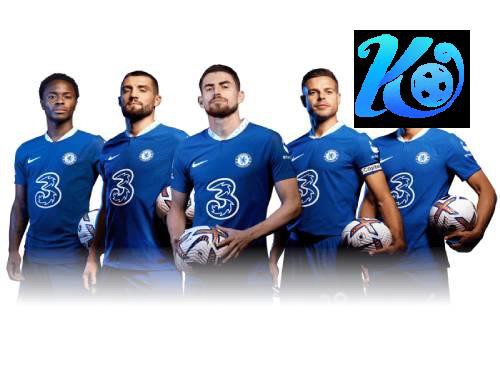Sports Equipment: Understanding the Basics
Sports equipment is an essential component of any athlete's kit. From the shoes on our feet to the balls we play with, the right equipment can make all the difference in our performance. In this article, we will take a closer look at some of the most common sports equipment and the terminology used to describe them.
Shoes

Shoes are perhaps the most important piece of equipment for any athlete. They provide support, traction, and stability, and can help prevent injuries. There are many different types of shoes for different sports, each with its own unique features.
Running shoes, for example, are designed to provide cushioning and support for the feet and ankles. They typically have a thicker sole and a higher heel to absorb shock and reduce impact on the joints. Basketball shoes, on the other hand, are designed to provide support for quick lateral movements and jumping. They often have a high top to provide ankle support and a thick sole for shock absorption.
Cleats
Cleats are shoes with small spikes or studs on the sole, designed to provide traction on grass or turf surfaces. They are commonly used in sports such as soccer, football, and baseball. Cleats come in different shapes and sizes, depending on the sport and the playing surface.
Soccer cleats, for example, have small, round studs that provide traction on grass. Football cleats, on the other hand, have longer, sharper studs that can penetrate the turf and provide more stability. Baseball cleats are often made of metal and are designed to provide traction on dirt and grass.
Balls
Balls are used in many different sports, from basketball to soccer to tennis. They come in different sizes, weights, and materials, depending on the sport and the level of play.
Basketballs, for example, are typically made of rubber or synthetic materials and are designed to bounce and grip well on the court. Soccer balls are usually made of leather or synthetic materials and are designed to be lightweight and easy to control. Tennis balls are made of rubber and covered in felt, which helps them grip the court and bounce consistently.
Rackets
Rackets are used in sports such as tennis, badminton, and squash. They come in different shapes, sizes, and weights, depending on the sport and the player's preference.
Tennis rackets, for example, are typically made of graphite or other lightweight materials and are designed to be easy to swing and control. Badminton rackets are usually shorter and lighter than tennis rackets and are designed to be more maneuverable. Squash rackets are usually heavier than tennis rackets and have a smaller head, which helps players hit the ball with more control.
Protective Gear
Protective gear is essential for many sports, especially contact sports such as football, hockey, and boxing. It is designed to protect the athlete from injury and reduce the risk of serious harm.
Football players, for example, wear helmets, shoulder pads, and other protective gear to protect their heads, necks, and bodies from impact. Hockey players wear helmets, face shields, and pads to protect themselves from pucks and sticks. Boxers wear gloves, headgear, and mouthguards to protect themselves from punches.天博体育官方平台入口
Conclusion
Sports equipment is an essential part of any athlete's kit. From shoes to balls to protective gear, the right equipment can make all the difference in our performance. Understanding the terminology and features of different types of sports equipment can help us choose the right gear for our needs and improve our performance on the field or court.

